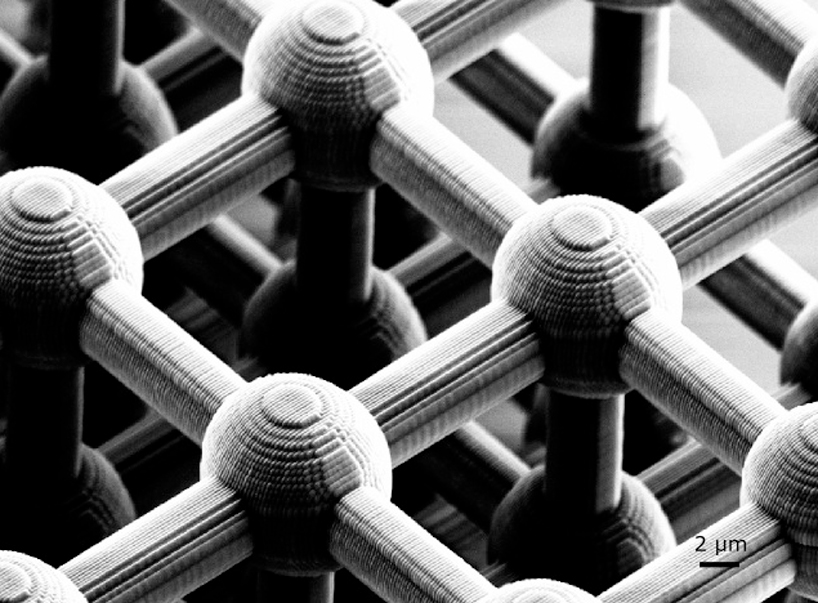Nano-skin teaches new tricks
 A research team in the US have developed a new design for nano-particle treatments, employing 'smart' materials to allow the minuscule medical devices to perform a range of new techniques.
A research team in the US have developed a new design for nano-particle treatments, employing 'smart' materials to allow the minuscule medical devices to perform a range of new techniques.
The team from Syracuse University are using temperature-sensitive 'smart' polymers among the components of their latest experimental self-assembling DNA-based drug delivery system.
The self-assembly of nanoparticles is an area of nano-science that connects a range of fields including optics, chemical sensing, drug delivery and treatment. During self-assembly, the chemicals attached to the nanoparticle interface drive a reaction. As a result, particles come together to form a solid, a 'chai' or a small molecule-like cluster.
Syracuse Associate Professor Mathew M. Maye and his colleagues have synthesised a 'smart' polymer that reacts to temperature changes to enable it to perform several roles, including being assembled to a gold nanoparticle. The novelty of this approach, Maye says, is that the nanoparticle possesses short segments of single-stranded DNA.
The team are aiming to have as much flexibility with the microscopic devices as possible, according to Prof Maye: “Being able to control nanoparticle assembly with temperature allows us to fine-tune their reactions and form more predictable structures. It also gives us a more improved system in which to scale assembly,” he says, “when combined with thermosensitive polymers such as the ones in our system, they could become very lucrative.”
The new research has been published in the American Chemical Society's NANO journal.








 Print
Print